Indigenous Governance Database
National
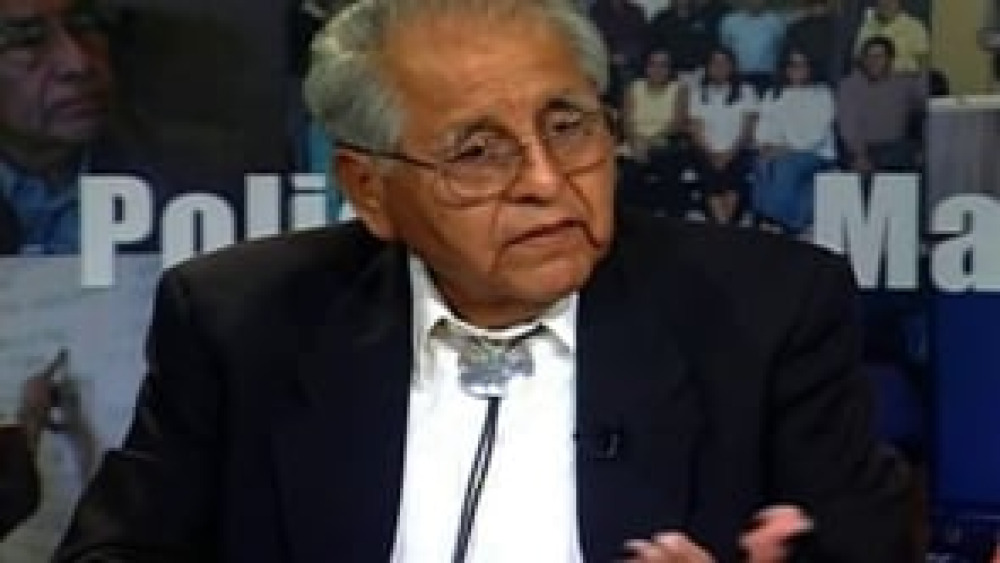
From the Rebuilding Native Nations Course Series: "The Role of Bureaucracies in Nation Building"
Native leaders discuss the critical role that bureaucracies play in Native nations' efforts to achieve their nation-building and community development priorities.

From the Rebuilding Native Nations Course Series: "Clarifying Roles and Delegating Responsibility"
Native leaders discuss the need for Native nations to define the distinct roles of elected leaders and administrators, and the importance of leaders delegating responsibilities to those appropriately charged with day-to-day administraion.

From the Rebuilding Native Nations Course Series: "What Effective Bureaucracies Need"
Native leaders offer their perspectives on the key characteristics that Native nation bureaucracies need to possess in order to be effective.
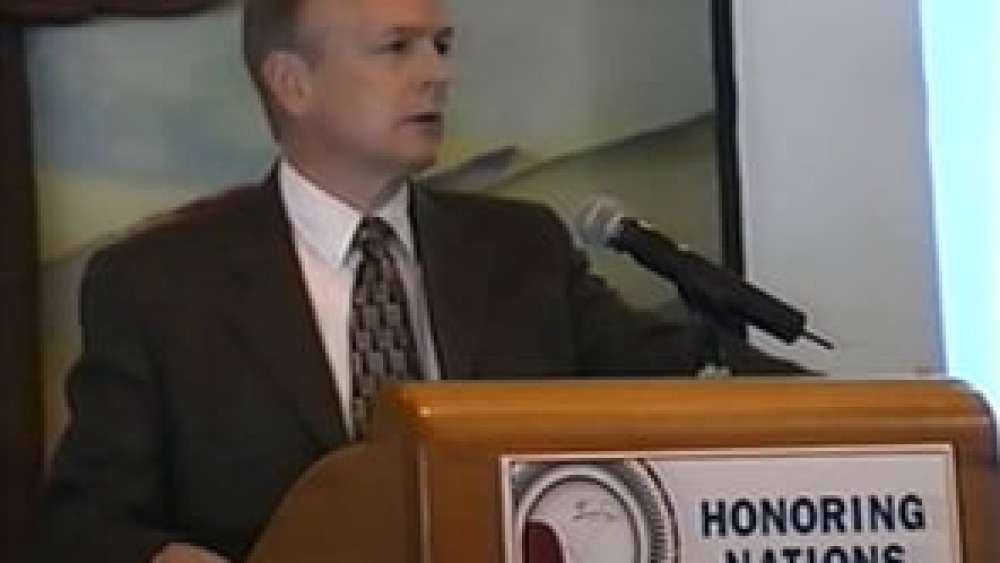
Honoring Nations: Stephen Cornell: Achieving Good Governance: Lessons from the Harvard Project & Honoring Nations
Co-director of the Harvard Project on American Indian Economic Development Stephen Cornell offers a review of how the Honoring Nations program evolved out of the nation-building movement and successes among Native nations.
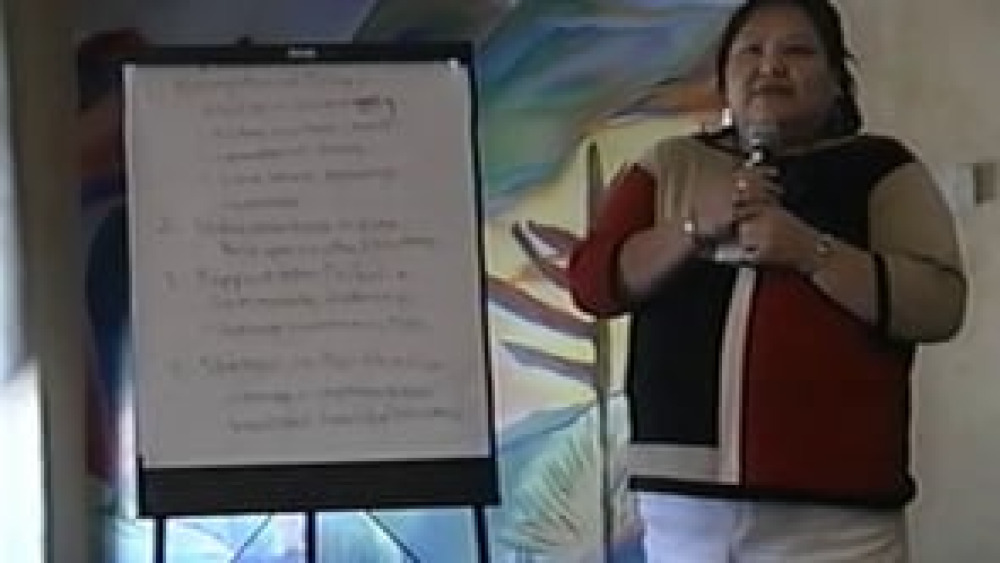
Honoring Nations: Elizabeth Woody: Environment and Natural Resources
Elizabeth Woody reports back to her fellow Honoring Nations symposium attendees the consensus from the environment and natural resources breakout session participants, synthesizing their deliberations into four key elements for nation-building success in the environmental and natural resource…
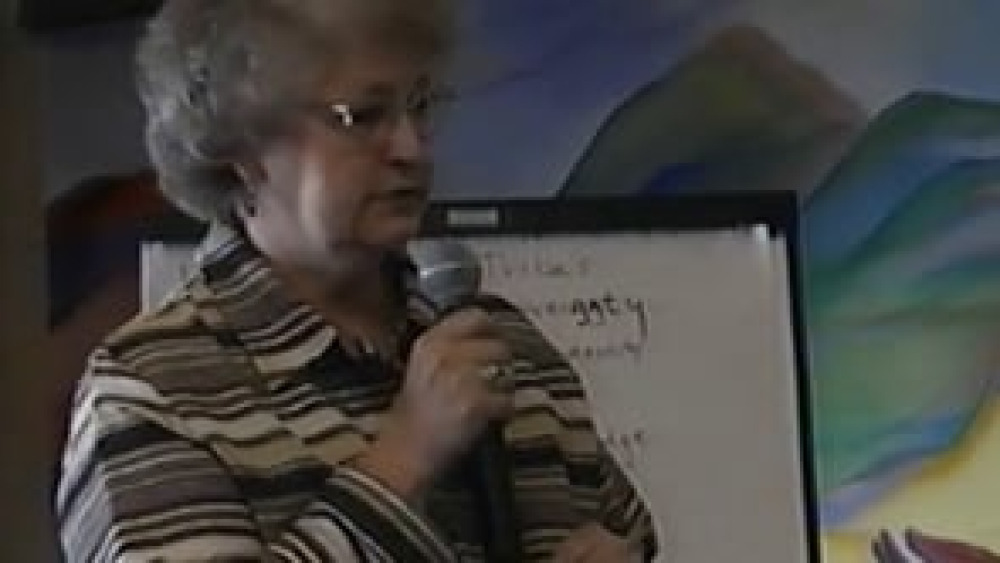
Honoring Nations: Julia "Bunny" Jaakola: Education and Social Services
Julia "Bunny" Jaakola reports back to her fellow Honoring Nations symposium attendees about some of the keys to effective governance that the education and social services breakout session participants identified.
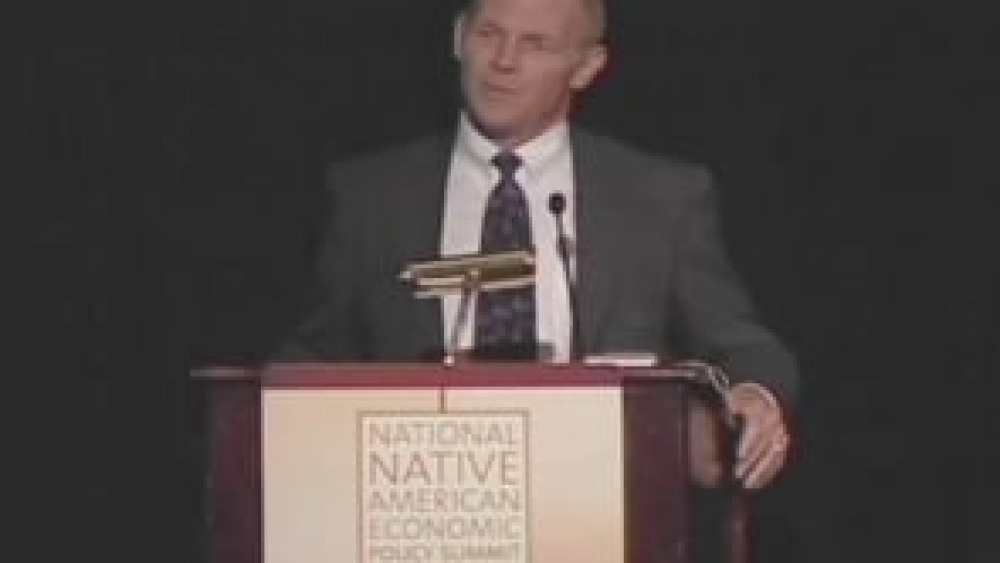
National Native American Economic Policy Summit: Joseph P. Kalt: Lessons from Indian Country
The National Native American Economic Policy Summit was held in Phoenix, Arizona, May 15-17, 2007, with more than 500 key stakeholders gathering to discuss the challenges to growing healthy, vibrant Native economies. In addition to identifying challenges, participants were asked to …
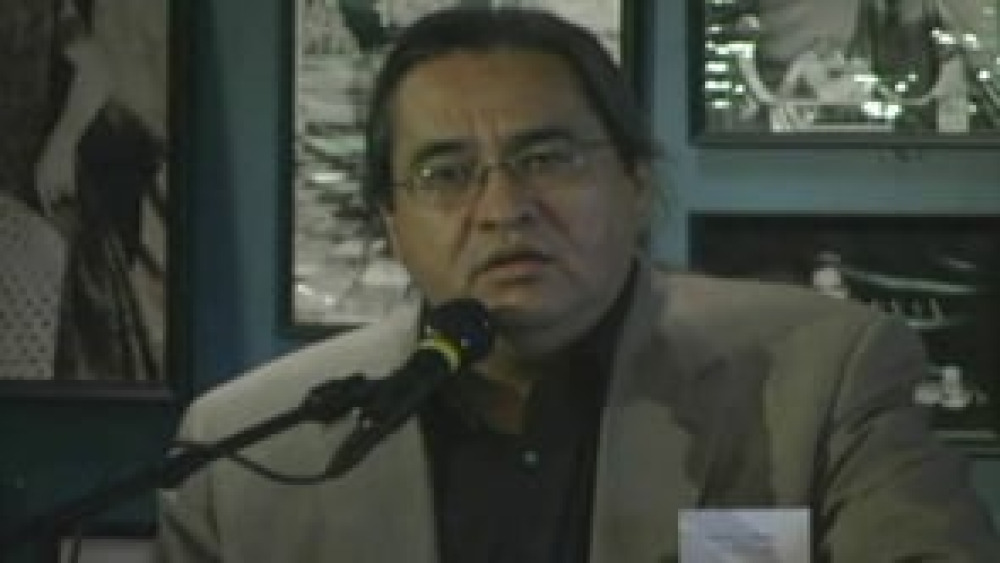
Honoring Nations: Manley Begay: So You Have a Great Program...Now What?!
"Forward-thinking" is often used to describe innovative programs. In remarks designed to frame the symposium session "So You Have a Great Program...Now What?!", Manley A. Begay, Jr. talks about strategic orientation, planning, and implementation as critical to sustaining the success of tribal…
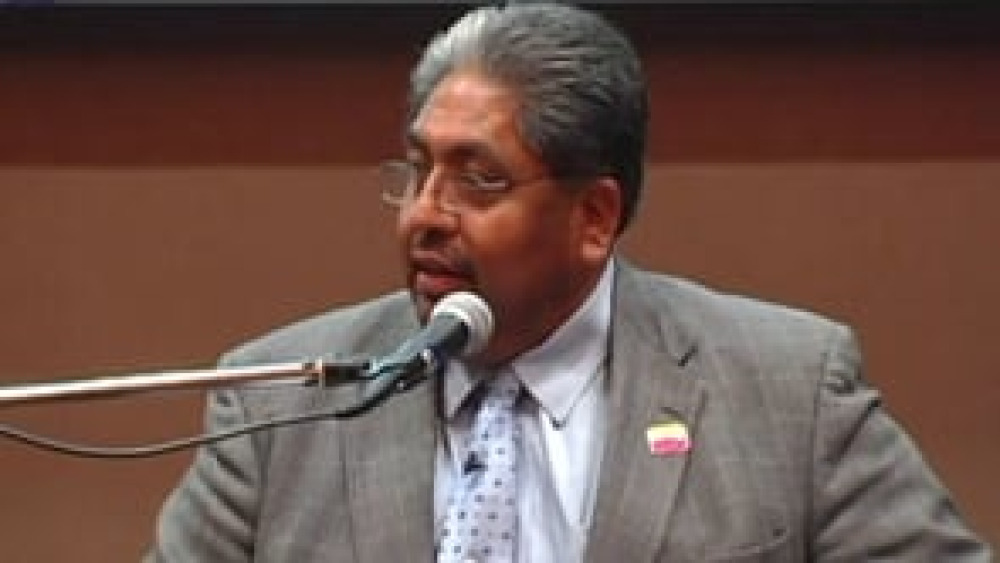
From the Rebuilding Native Nations Course Series: "The Challenges of Leadership"
Native leaders and scholars discuss some of the many formidable challenges facing leaders of Native nations, from the incredible demands on their time to the vast array of things they need to know and learn.

From the Rebuilding Native Nations Course Series: "Leaders Are Educators"
Native leaders and scholars stress that for Native nation leaders to be effective at advancing their nation's priorities, they need to do more than just make decisions -- they need to educate and consult the citizens they serve.
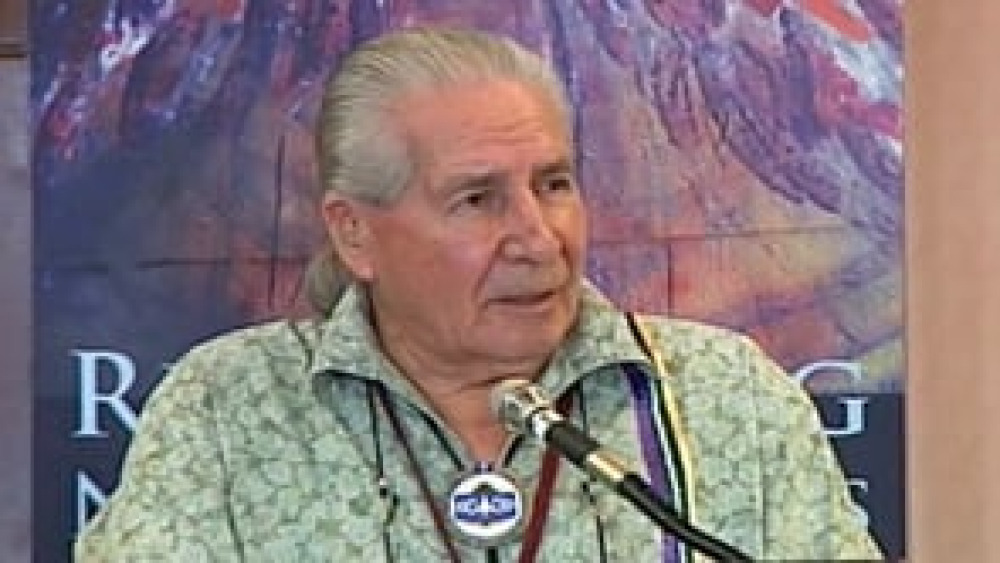
From the Rebuilding Native Nations Course Series: "The Strategic Approach to Leadership"
Native leaders discuss why it is important for Native nation leaders to take a strategic approach to leadership, stressing that the decisions they make must be made with the culture and values of their people and the next seven generations in mind.
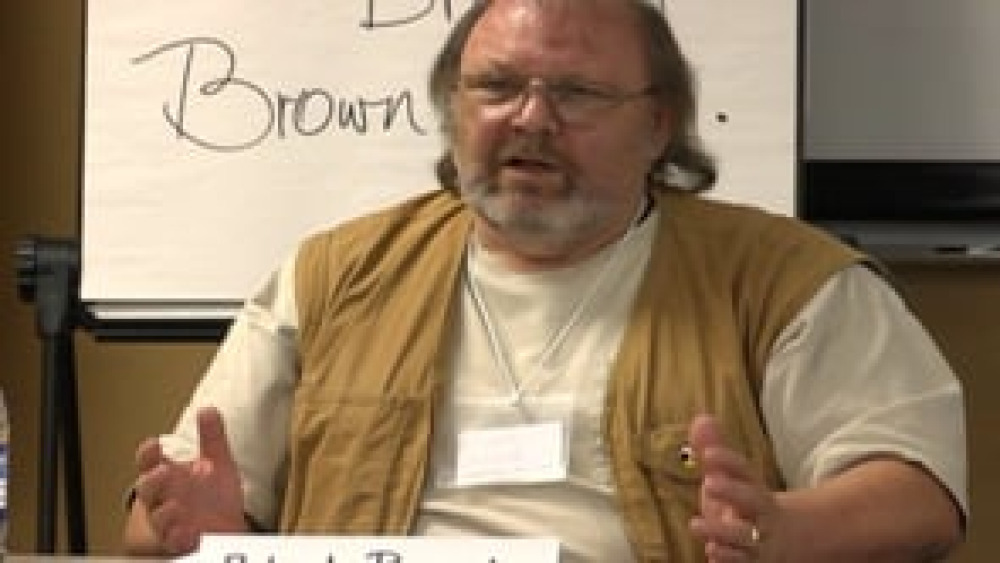
From the Rebuilding Native Nations Course Series: "Learning to Make Informed Decisions"
Native leaders share what the role of a leader entails from studying the history of the tribe to listening to and learning from elders of the community; all the tools necessary to making informed decisions.
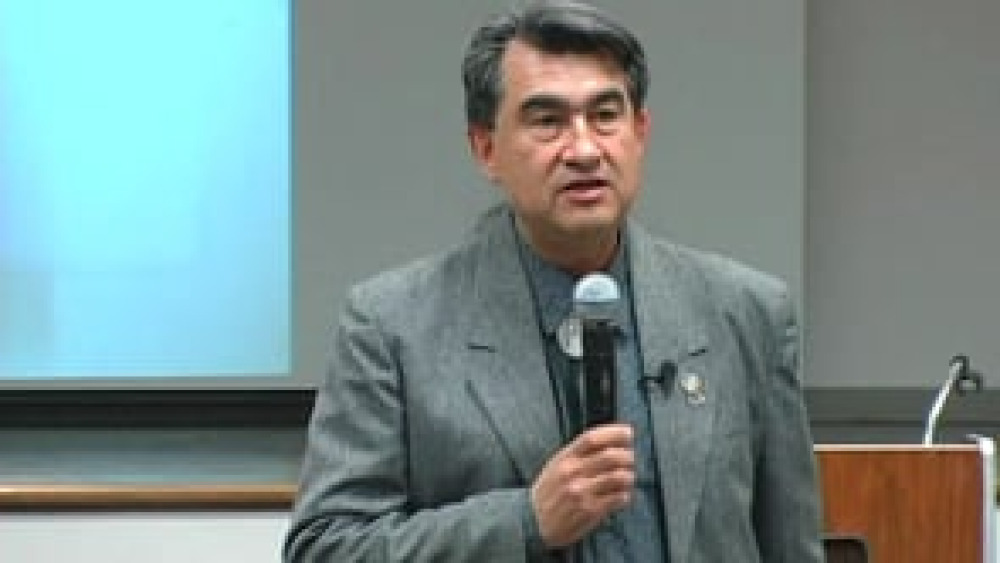
Greg Cajete: Indigenous Paradigm: Building Sustainable Communities
Greg Cajete, Director of Native American Studies at the University of Mexico, shares his more than three decades of work and research on Indigenous epistemologies for human and ecological sustainability, and discusses the need for scholars, academic institutions, and others to fully embrace these…
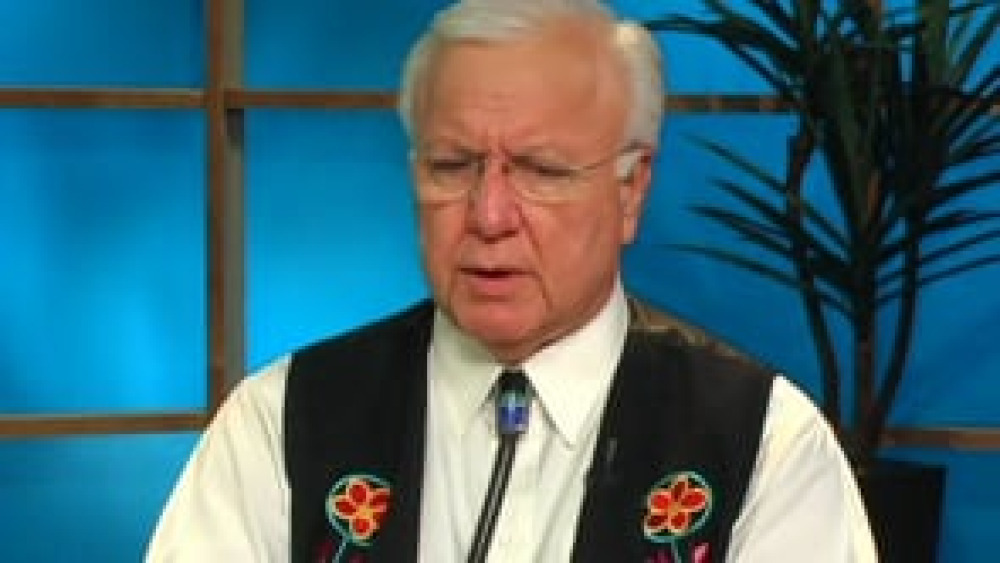
From the Rebuilding Native Nations Course Series: "Why are Some Native Nations More Successful than Others?"
Native leaders offer their perspectives on why some Native nations have proven more successful than others in achieving their economic and community development goals.

Honoring Nations: Sarah Hicks: NCAI and the Partnership for Tribal Governance
Former NCAI Policy Research Center Director Sarah Hicks discusses the growth of the National Congress of American Indians (NCAI) and specifically its recent initiatives to support the nation-building and advocacy efforts of Native nations.
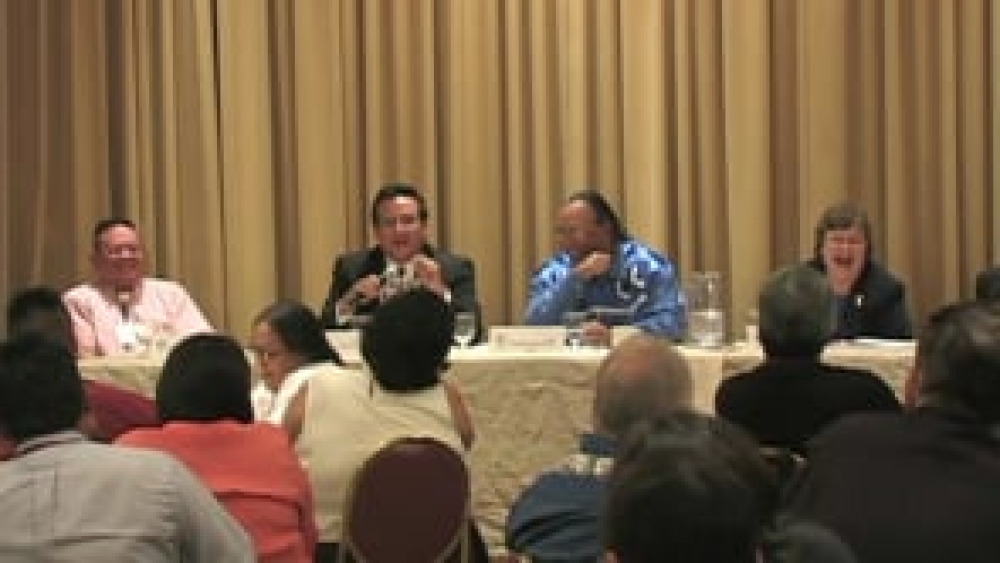
Honoring Nations: James R. Gray, Rick Hill and John McCoy: Sovereignty Today (Q&A)
Native leaders John McCoy, James R. Gray, and Rick Hill discuss the importance of Native nations joining forces to engage in economic development, and also why it is so important for Native nations and people to buy from their own.
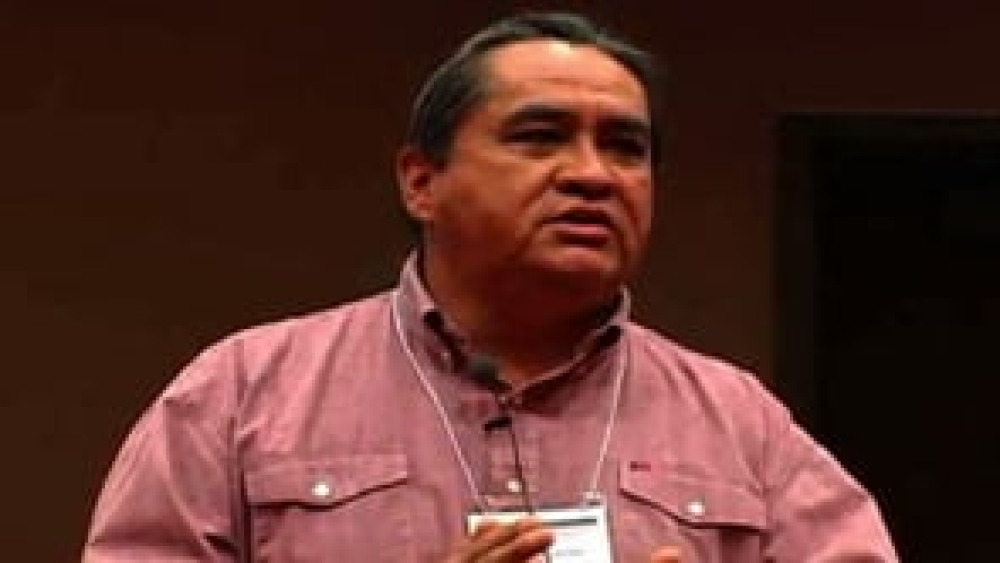
From the Rebuilding Native Nations Course Series: "The Importance of Capable Governing Institutions"
Dr. Manley Begay discusses the critical role capable governing institutions play in Native nations' ability to effectively exercise their sovereignty, in particular institutions designed to ensure the neutral resolution of disputes and the careful management of the relationship between tribal…
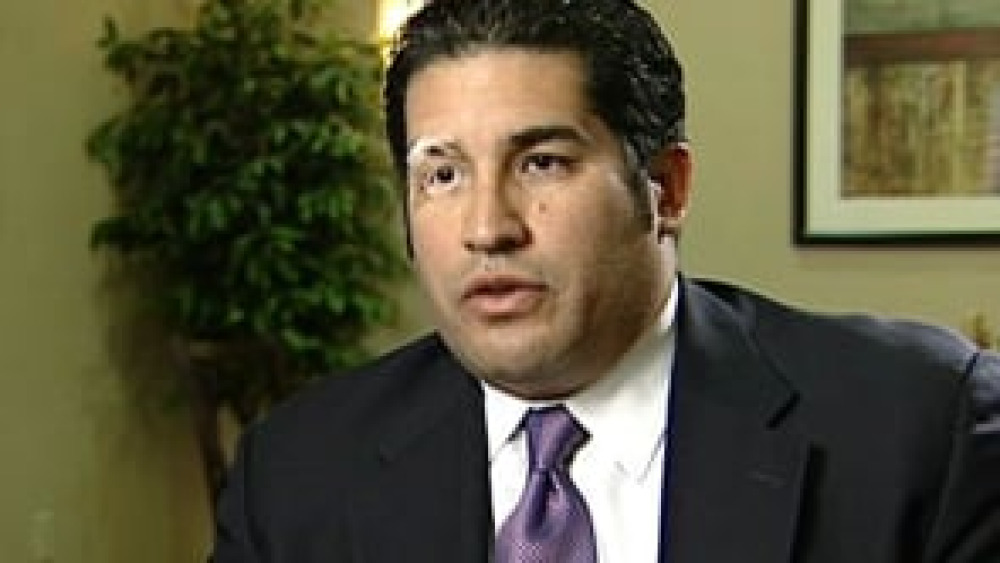
From the Rebuilding Native Nations (RNN) Course Series: "What is Nation Building?"
Native leaders define what nation building means to them, and what it entails for Native nations who are working to reclaim control over their own affairs and build vibrant futures of their own design.Learn about the RNN Course Series
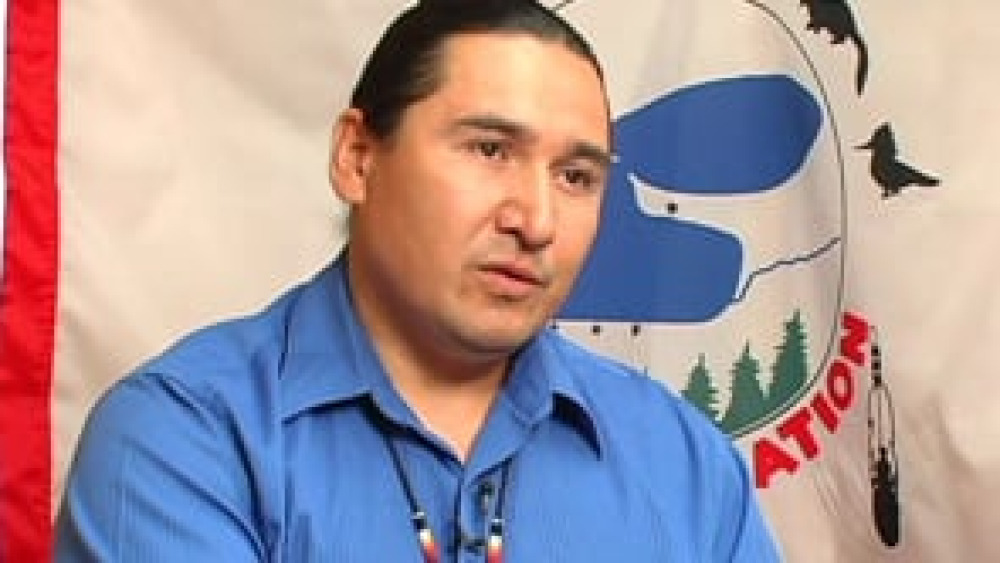
From the Rebuilding Native Nations Course Series: "Defining Sovereignty"
Native leaders offer their definitions of what sovereignty is and what it means for Native nations in the 21st century.
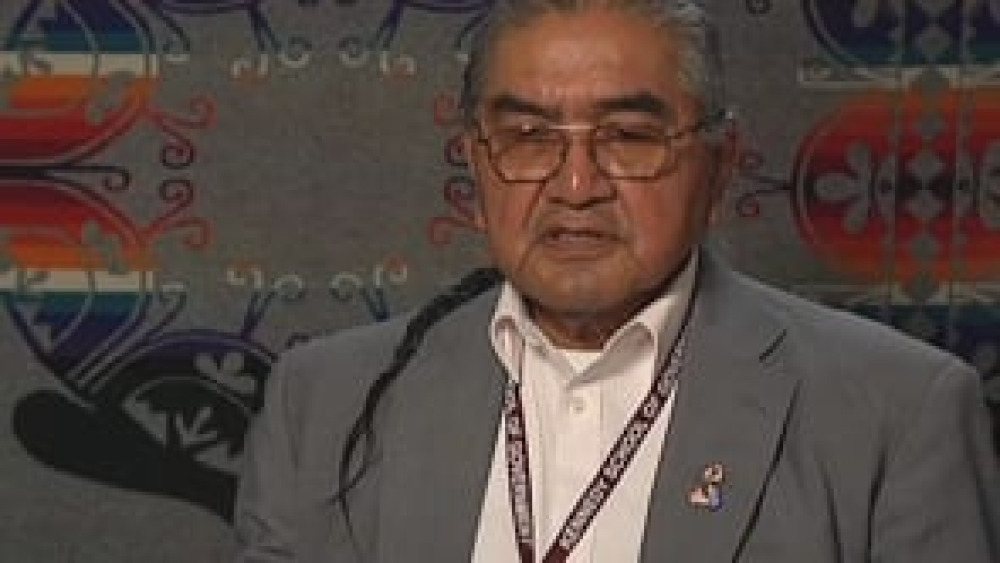
From the Rebuilding Native Nations Course Series: "The Importance of Strategic Planning"
Native leaders explain the importance of strategic thinking and planning to effective Native nation governance and emphasize the consideration of future generations in Native nations' decision-making processes.
Pagination
- First page
- …
- 5
- 6
- 7
- …
- Last page
